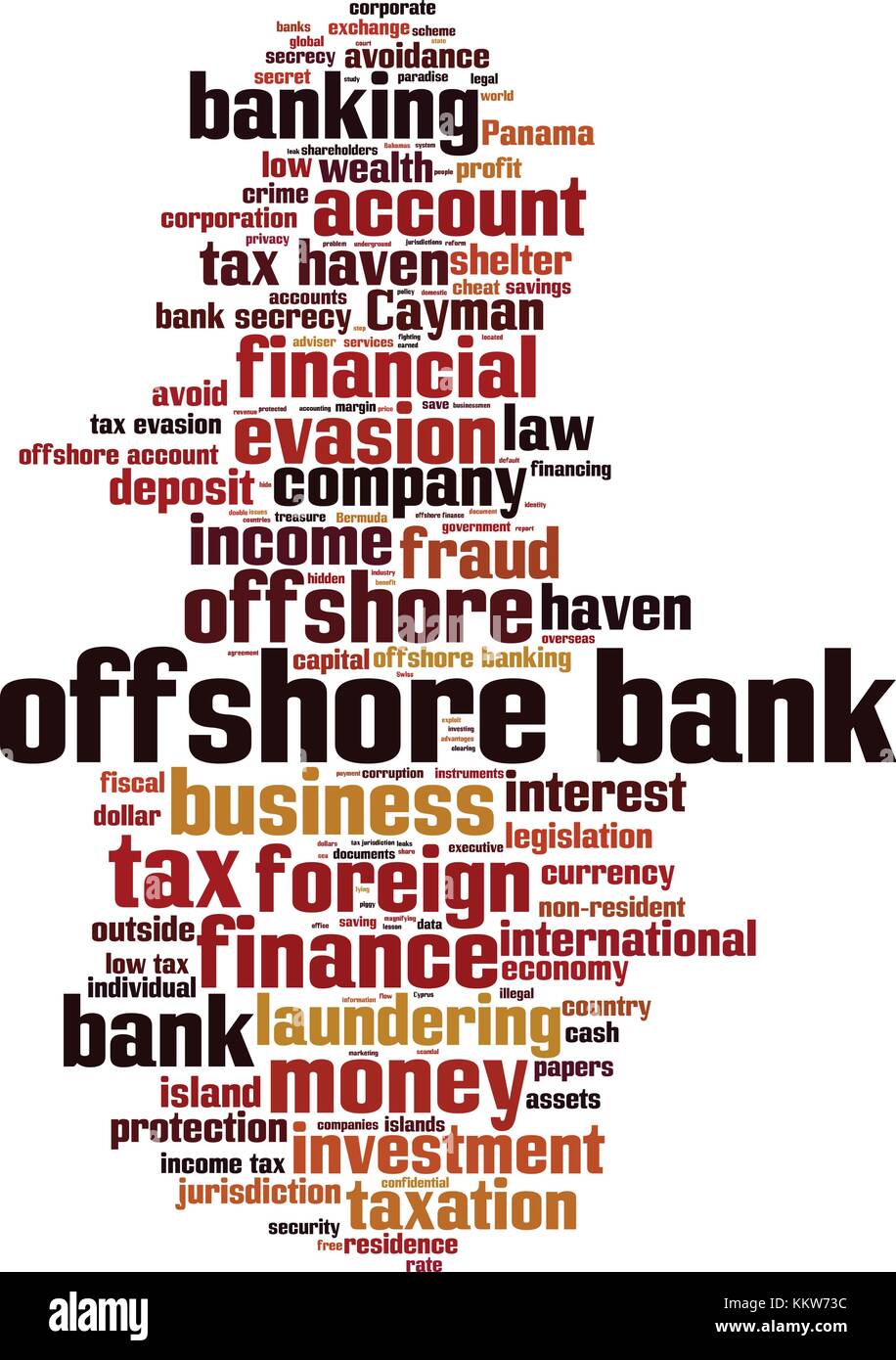Recognizing the Lawful Implications of Offshore Business Formation

Legal Framework for Offshore Firms
When developing an offshore company, comprehending the lawful structure governing its formation and operation is vital for conformity and threat management. Offshore business run under details laws and policies that differ from those of onshore entities. The legal framework for offshore business commonly includes provisions for company registration, shareholder needs, director responsibilities, and tax obligations.
Business registration includes submitting the required documentation to the suitable regulatory authorities in the chosen jurisdiction. This procedure frequently calls for in-depth information concerning the business's structure, investors, and designated activities. Additionally, offshore firms need to adhere to specific investor needs, such as preserving a register of shareholders and maintaining this details approximately date.
Directors of overseas firms have fiduciary tasks to act in the ideal rate of interests of the company and its investors. They are accountable for managing the company's procedures, ensuring conformity with all pertinent laws, and managing threats efficiently. Furthermore, understanding the tax obligation responsibilities of an offshore firm is necessary to avoid any kind of prospective legal issues. By sticking to the legal structure controling offshore firms, companies can run with confidence while lessening legal threats.


Tax Obligation Effects and Laws
When thinking about the establishment and procedure of an offshore company,Recognizing the tax implications and guidelines is critical. Tax obligations play a vital role in the decision-making procedure of whether to establish up an offshore entity. Offshore business are frequently based on beneficial tax obligation programs, offering lowered or zero tax obligation rates on foreign-earned earnings. However, it is vital to browse these tax obligation benefits carefully to make certain conformity with both the regulations of the offshore territory and the home country.
Tax obligation guidelines for offshore companies differ substantially across jurisdictions, and it is critical to look for expert suggestions to comprehend the certain requirements and commitments. Extensive understanding of tax obligation regulations and laws, as well as appropriate tax preparation, are vital to ensure the certified and successful procedure of an offshore business.
Compliance Demands and Reporting
Guaranteeing compliance with governing needs and maintaining precise coverage are essential elements of handling an overseas firm successfully and transparently. Offshore companies should stick to the regulations and regulations of both the jurisdiction in which they are incorporated and any type of other appropriate jurisdictions where they perform business.
Along with regulative compliance, offshore business are commonly based on reporting demands to make certain openness and protect against prohibited tasks such as cash laundering or tax obligation evasion. Coverage commitments might entail divulging details regarding the business's ownership framework, economic activities, and recipients. This details may need to be shown regulatory bodies, tax authorities, or other governmental companies, relying on the territory.
Maintaining complete and precise records is essential for demonstrating compliance and reacting to any questions or audits successfully. Offshore business ought to implement durable coverage devices and interior controls Home Page to guarantee that they meet all lawful demands and operate with honesty.
Property Security and Privacy Rules
In the world of overseas company formation, an important factor to consider is the interaction between asset protection strategies and privacy regulations. By structuring properties within an overseas business, individuals can protect their wealth and diversify their holdings throughout various lawful structures. Eventually, understanding the intricate partnership in between possession protection strategies and personal privacy legislations is critical when considering overseas firm formation.
Risks and Difficulties to Take into consideration
When venturing right into offshore business development, prudent factor to consider of potential dangers and obstacles is important for educated decision-making and strategic planning. In addition, political instability or changes in offshore territories can pose check my site a danger to the connection of procedures and the protection of possessions held by the overseas business.
Difficulties might also occur worrying the intricacy of overseas company structures and the demand for professional lawful and helpful hints financial recommendations to browse the intricate regulatory frameworks of different jurisdictions (offshore company formation). Preserving conformity with differing global laws and regulations, in addition to prospective language barriers and cultural differences, can additionally make complex the overseas firm development procedure. It is important to be mindful of these threats and obstacles prior to waging overseas firm development to minimize possible pitfalls and make certain a legitimately audio and smooth facility
Final Thought
In final thought, offshore company development entails navigating complicated legal frameworks, tax obligation ramifications, compliance needs, and personal privacy legislations. Understanding these aspects is essential for mitigating difficulties and risks related to offshore business procedures. It is vital for organizations and individuals taking into consideration overseas company development to seek professional advice to guarantee conformity with guidelines and to protect their properties efficiently.
The lawful structure for offshore business generally consists of provisions for business registration, shareholder needs, supervisor responsibilities, and tax obligation obligations.
Supervisors of overseas companies have fiduciary obligations to act in the best passions of the company and its shareholders. By adhering to the legal structure regulating offshore business, organizations can run with self-confidence while decreasing legal threats.
Additionally, political instability or modifications in overseas jurisdictions can posture a risk to the connection of procedures and the protection of assets held by the overseas firm. - offshore company formation
In conclusion, overseas firm formation includes browsing intricate legal frameworks, tax effects, compliance needs, and personal privacy laws.